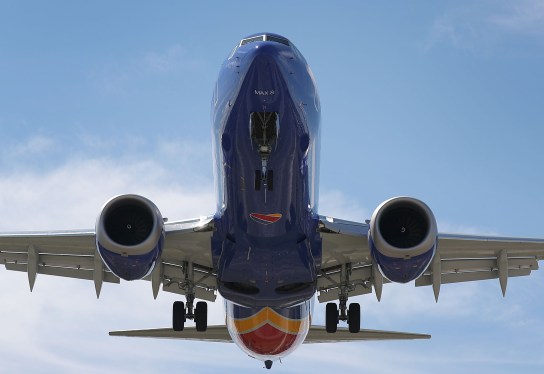The airline industry is poised to reach record revenue this year, with projected earnings of $996 billion. However, the margins remain razor-thin, with total expenses for airlines expected to reach $936 billion.
According to the International Air Transport Association (IATA), the average earnings per passenger will be around $6.14. This amount is roughly equivalent to the cost of a latte in New York City.
In an effort to boost profits, more airlines are turning to dynamic pricing technology, which prices fares and amenities based on a traveler’s willingness to pay. Despite the less-than-stellar reception from consumers, 258 carriers have deployed some form of dynamic pricing today, up from 220 in 2022, according to travel industry group ATPCO.
Dynamic Pricing: The Controversy
One of the vendors providing infrastructure for dynamic pricing systems is Fetcherr, which launched in 2019. The app, founded by entrepreneurs Uri Yerushalmy, Roy Cohen, and Robby Nissan, uses AI to forecast demand for specific airline routes and generate a dynamic price, which it displays to customers as they search a carrier’s website.
"The airline industry faces significant challenges in adopting continuous pricing," said Cohen, Fetcherr’s CEO. "Traditional, outdated infrastructure and rule-based systems limit real-time adjustments and swift market adaptation … Fetcherr employs AI to generate optimal market moves, dynamically optimizing pricing and automating real-time publishing of prices."
Fetcherr’s models are trained on several years’ worth of bookings, flight schedules, availability, and fares data, as well as variables like weather and microeconomic/macroeconomic market conditions. The company stores its customers’ private data in a private cloud for each customer.
"Our models are based on public data and our customer private data, all stored on a private cloud for each of our customers," said Cohen.
While carriers like dynamic pricing for its revenue-boosting potential (as seen with JetBlue’s recently introduced dynamic baggage fees), one wonders if the tech has staying power. Critics argue that it can lead to price gouging and unfair treatment of certain passengers.
The Rise of Dynamic Pricing
Dynamic pricing has been on the rise in recent years, particularly among airlines. The technology allows carriers to adjust prices in real-time based on demand, which can help them maximize revenue. However, it also raises concerns about fairness and transparency.
According to a report by the European Commission, dynamic pricing can lead to significant price differences for passengers traveling on the same route at different times. This can create an uneven playing field, with some passengers paying significantly more than others for the same service.
The Impact of Dynamic Pricing on Consumers
The impact of dynamic pricing on consumers is a topic of debate among industry experts. Some argue that it allows airlines to respond quickly to changing demand and maximize revenue. Others contend that it can lead to price gouging and unfair treatment of certain passengers.
A study by the travel booking website Skyscanner found that dynamic pricing can result in significant price differences for passengers traveling on the same route at different times. The study also found that prices tend to be higher during peak travel periods, such as holidays and summer vacation.
The Future of Dynamic Pricing
As the airline industry continues to evolve, it’s likely that dynamic pricing will play an increasingly important role in revenue management strategies. However, regulators and consumers must remain vigilant to ensure that this technology is used fairly and transparently.
In a recent interview with TechCrunch, Cohen noted that Fetcherr’s goal is to provide a more personalized experience for passengers while also maximizing revenue for airlines. "We’re not just about pricing; we’re about creating a better experience for the passenger," he said.
Related Topics
- AI
- Airfare
- Battery Ventures
- Dynamic Pricing
- Enterprise
- Fetcherr
- Fintech
- Funding
- Fundraising
- Startups
- Transportation
- Travel
Kyle Wiggers is a senior reporter at TechCrunch with a special interest in artificial intelligence. His writing has appeared in VentureBeat and Digital Trends, as well as a range of gadget blogs including Android Police, Android Authority, Droid-Life, and XDA-Developers. He lives in Brooklyn with his partner, a piano educator, and dabbles in piano himself occasionally — if mostly unsuccessfully.
Topics: AI, airfare, battery ventures, dynamic pricing, Enterprise, fetcherr, Fintech, funding, fundraising, startups, transportation, travel



